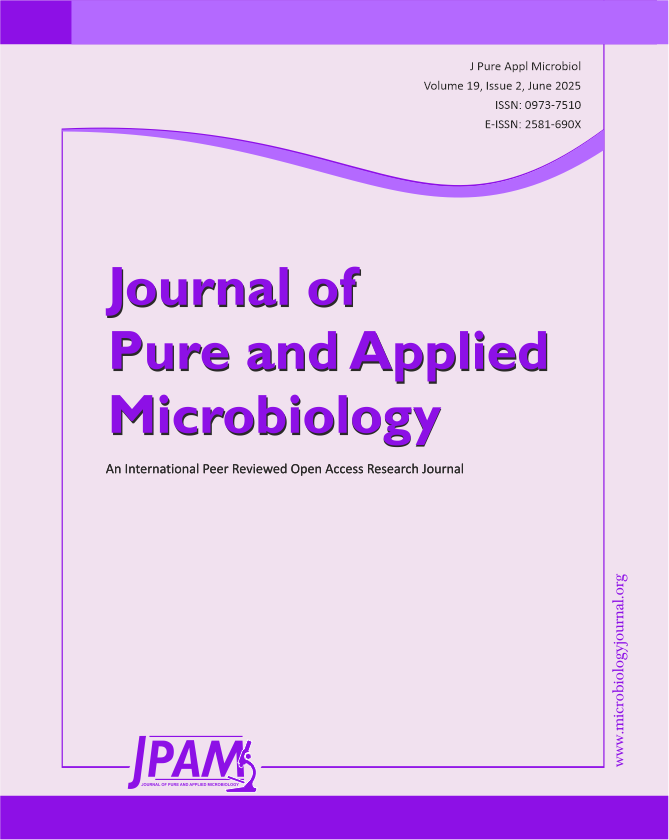Honey bees (Apis cerana indica) play a crucial role in pollination and ecosystem stability, but their populations are increasingly threatened by pesticide exposure and environmental stressors. Lactic acid bacteria (LAB), particularly fructophilic LAB (FLAB), are key components of the honey bee gut microbiota, contributing to digestion, immune modulation, and pathogen resistance. This study investigates the diversity, phylogenetic relationships, and pesticide tolerance of LAB isolated from honey bee gut, pollen, and honey across four distinct agroecosystems in Tamil Nadu, India. A total of 41 LAB strains were identified using both morphological and molecular techniques, including Apilactobacillus kunkeei, Fructobacillus fructosus, A. apinorum, and Secundilactobacillus kimchicus. Notably, this study reports S. kimchicus in the honey bee gut for the first time, expanding the known microbiota diversity associated with honey bees. Phylogenetic analysis, based on molecular traits, revealed distinct clustering patterns, indicating regional adaptations and evolutionary divergence among isolates. Growth assays confirmed a strong preference for fructose-rich environments, consistent with their ecological niche in nectar and honey. Pesticide tolerance assays demonstrated that A. kunkeei exhibited the highest resilience to imidacloprid, dinotefuran, fipronil, and dimethoate, highlighting its potential role in mitigating pesticide-induced stress in honey bee colonies. These findings suggest the application of FLAB as probiotic candidates by degrading pesticides and enhance colony resilience by maintaining gut health. Future research should explore the functional mechanisms underlying pesticide detoxification and immune modulation to develop targeted probiotic formulations for sustainable apiculture.
Honey Bee Microbiota, Fructophilic Lactic Acid Bacteria, Pesticide Tolerance, Phylogenetic Analysis, Probiotics
© The Author(s) 2025. Open Access. This article is distributed under the terms of the Creative Commons Attribution 4.0 International License which permits unrestricted use, sharing, distribution, and reproduction in any medium, provided you give appropriate credit to the original author(s) and the source, provide a link to the Creative Commons license, and indicate if changes were made.


